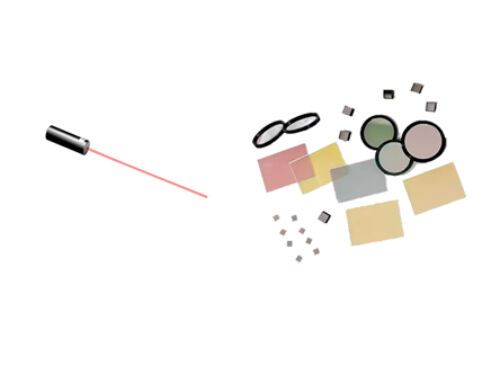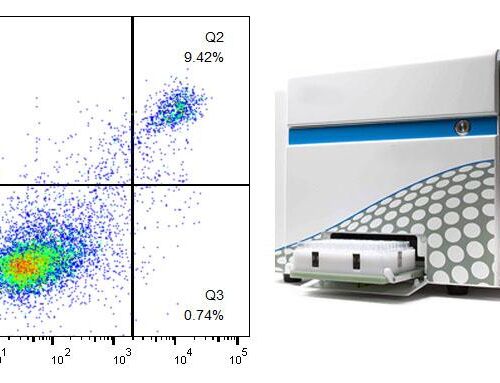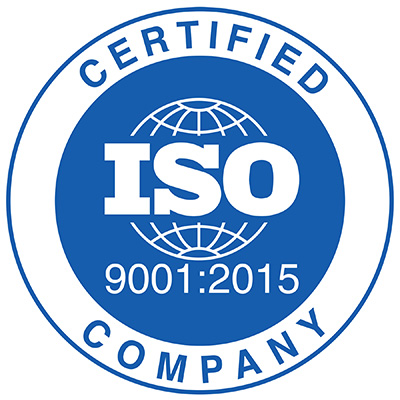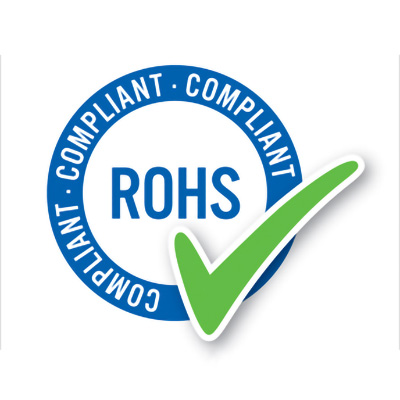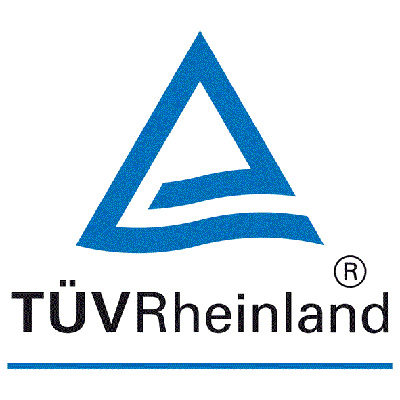Optical Filters in Point-of-Care Testing (POCT) Devices
Saturday, September14, 2024
Optical filters in Point-of-Care testing plays an important role. Point-of-Care Testing (POCT) refers to medical diagnostic testing conducted at or near the site of patient care, rather than sending samples to a laboratory. This approach is widely used in various medical applications, including blood glucose monitoring, blood gas analysis, urine analysis, and rapid infection detection. In POCT devices, optical filters play a crucial role in ensuring precise measurements and accurate results.
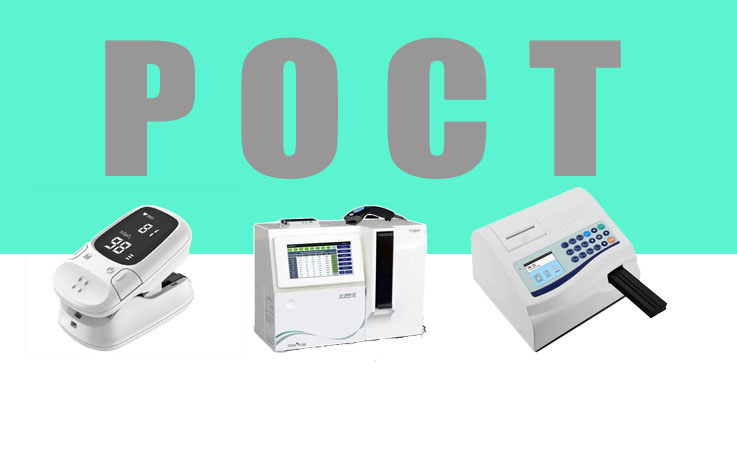
Applications of Optical Filters in POCT Devices
Optical filters are integral to several types of POCT devices, aiding in the accurate optical measurement necessary for effective diagnostics. Here’s how filters are utilized in different POCT applications:
- Urine Analyzers
- Wavelength Range: Approximately 400-700 nm (visible light).
- Blood Glucose Meters
- Wavelength Range: Approximately 450-900 nm (visible to near-infrared light)
- Pulse Oximeters
- Wavelength Range:
- Red Light: Around 660 nm.
- Infrared Light: Around 940 nm.
- Wavelength Range:
- Portable Biochemical Analyzers
- Wavelength Range: Approximately 400-1000 nm (visible to near-infrared light).
- Rapid Infection Detection Devices
- Wavelength Range:
- Visible Light: Approximately 450-650 nm.
- Near-Infrared Light: Approximately 800-1000 nm.
- Wavelength Range:
Technical Considerations for Optical Filters
Optical filters used in POCT devices must meet stringent technical requirements:
- Wavelength Accuracy: Filters must accurately select and transmit specific wavelengths while blocking others.
- Bandwidth: The bandwidth of filters (typically 10-30 nm) must align with the application’s requirements for precise measurement.
- Material and Coatings: The choice of optical materials and coatings affects filter performance. High-quality materials and advanced coating technologies are crucial for reliable operation.
Coligh Optical Solutions
Coligh Optical is a leader in manufacturing high-precision interference filters across a broad spectral range of 200-2000 nm. Our expertise includes designing filters tailored to emerging light sources such as diode lasers and LEDs, achieving excellent system signal-to-noise ratios. Coligh’s filters ensure that POCT devices deliver accurate and reliable results, meeting the stringent demands of modern medical diagnostics.


